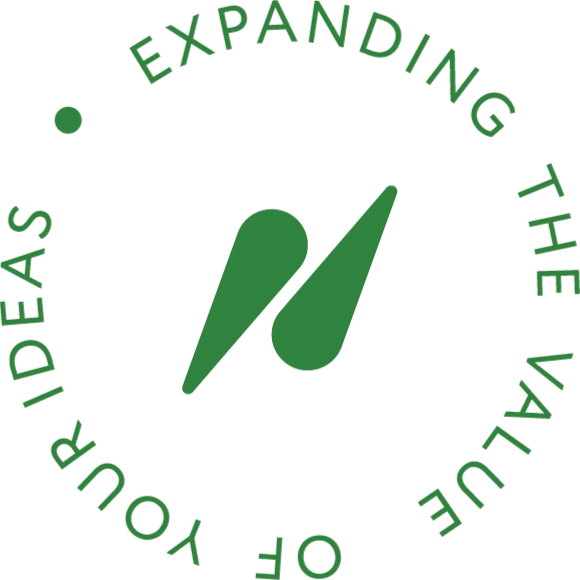Violations of intellectual property rights and unauthorized use of means of individualization will face harsher penalties. This proposed bill was approved by the Supreme Council of the Kyrgyz Republic in its second reading.
Under the current Article 225 of the Criminal Code, the unlawful use of another’s trademark, service mark, appellation of origin or similar trademarks for similar goods, if done repeatedly or causing significant damage, can result in a fine of 50,000 to 100,000 soms (570-1140 US dollars) or imprisonment for up to 2 years.
With the proposed bill, the illegal use of another’s trademark, service mark, appellation of origin or similar trademarks for similar goods, if done repeatedly or causing significant damage, can lead to a fine of 100,000 to 1.5 million soms (1140-17000 US dollars) or imprisonment for 2 to 5 years.
This was announced on May 27, 2024 during a seminar focusing on the protection of intellectual property rights and combating counterfeit products within the member states of the Eurasian Economic Union.
The seminar was jointly organized by the Eurasian Economic Commission and Kyrgyzpatent, and brought together participants from the judiciary, law enforcement agencies, Customs Service, Antitrust Service, and Ministry of Economy and Commerce.
According to the seminar attendees, Kyrgyzpatent received 39 applications for intellectual property rights violations during 2022-2023. Based on these applications, 13 decisions were made resulting in fines totaling 117,500 soms (1340 US dollars).
